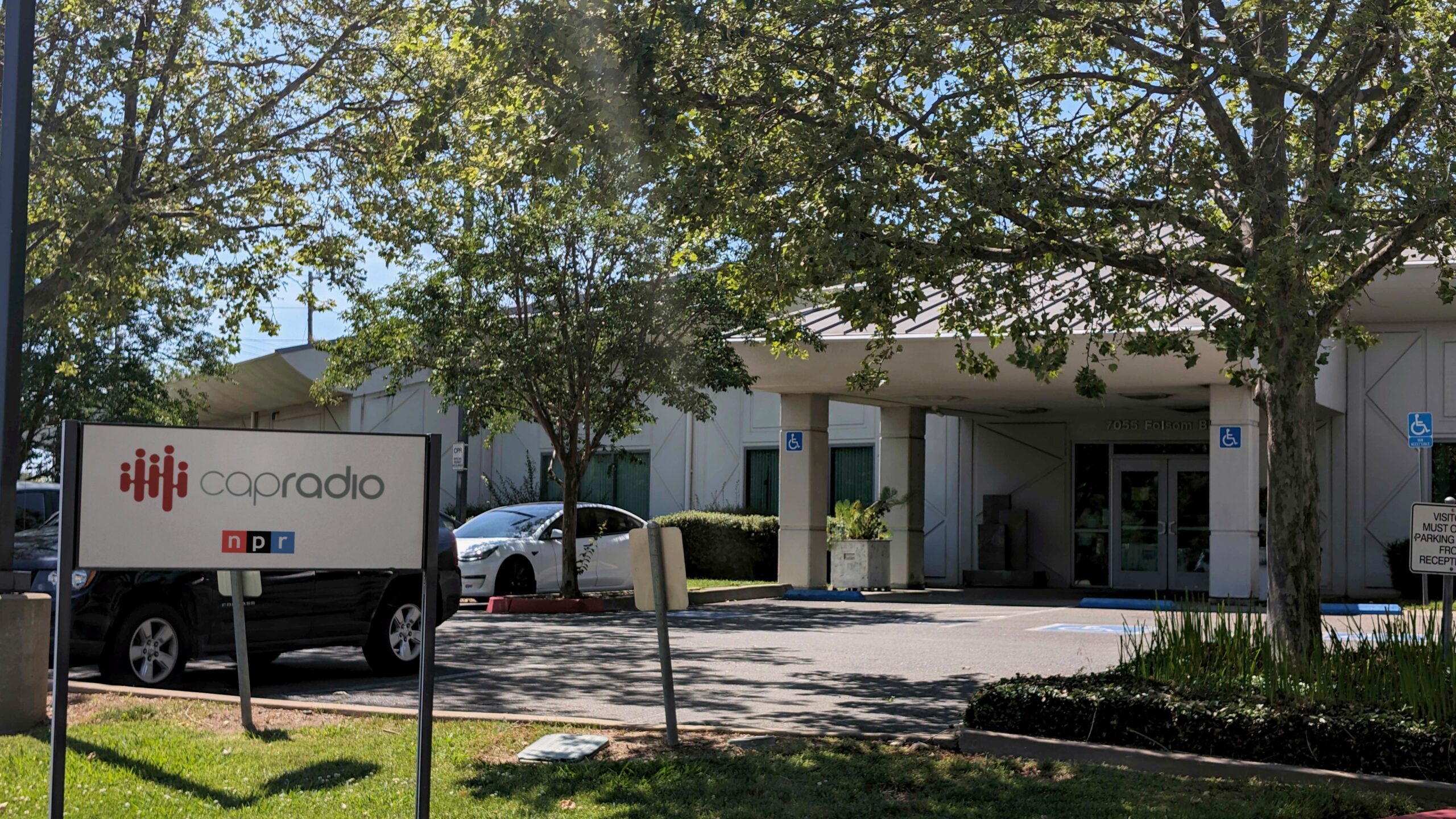CPB finds majority of audited grantees out of compliance with Communications Act requirements

(Photo: Ken Teegardin, via Flickr)

(Photo: Ken Teegardin, via Flickr)
Two-thirds of CPB Community Service Grant recipients audited since 1999 were found noncompliant with at least some provisions of the Communications Act, according to the corporation’s Office of the Inspector General.
Since 1999, CPB has audited 83 public radio and TV stations. At the annual Public Media Business Association meeting in Washington, D.C., last week, CPB Deputy Inspector General Bill Richardson said that 56 of the audited stations were noncompliant with at least one of five Communications Act requirements, a rate Richardson said was “pretty high.”
Stations that receive a CSG stipulate annually that they comply with the Act, which spells out requirements for open meetings, data protection and open financial records. Noncompliance can lead to fines, forfeitures of grants and loss of CSG eligibility. Richardson said penalties were implemented starting in 2013 because rates of noncompliance continued to worsen.
“People aren’t getting the message that this is important,” he said.
The requirements are:
- Give seven days’ notice about open board meetings and broadcast three announcements per quarter about the open meeting policy.
- Reasons for closed meetings must be documented within 10 days and made available to the public.
- Open financial records must be maintained, with audited financial statements posted online.
- Attendance and notes from Community Advisory Board meetings need to be made available to the public.
- An employment statistical report needs to be available at the station’s central office and at locations with more than six employees.
- Donor data needs to be safeguarded, and ongoing donors need to be reminded periodically that they can withdraw their consent to disclose personal data.
According to CPB, the most commonly neglected requirement is timely notification of meetings. Half of all stations audited were noncompliant. State licensees were the biggest offenders, with five out of nine audited out of compliance.
In addition, 42 percent of stations failed to air notifications of upcoming meetings every quarter. Community licensees, with a 45 percent noncompliance rate, were the biggest offenders.
A total of 41 percent of stations were found to be noncompliant with financial records requirements. Half of state licensees were noncompliant, compared to 31 percent of university licenses and 47 percent of community licensees.
More stations were able to comply with community advisory board requirements, with 16 percent noncompliant. Seventeen percent of stations failed to meet Equal Employment Opportunity reporting requirements. State licensees were the most out of compliance, with 25 percent falling short, compared to 7 percent of university licensees.
But for the first time, several stations have had clean audits, according to CPB Vice President for Compliance Jackie Livesay. Oregon Public Broadcasting received the first-ever clean audit last year. NPR, the National Black Programming Consortium and stations licensed to Brigham Young University in Provo, Utah, also got clean audits, Livesay said.
Related stories from Current:
- Revised CPB policy could lead to significant penalties for noncompliance
- CPB analysis shows some bright spots for public television
- Second pubTV station pays fine for missteps handling federal grants
Correction: A previous version of this story stated that two-thirds of CPB CSG recipients were found out of compliance with the Communications Act. Only two-thirds of audited grantees, not all grantees, were found out of compliance.







There is no link provided to the full report. Please provide. It does not appear to be available on the CPB website, or anywhere else. If the CPB insists on openness, they should provide it themselves. And Current should link to all material cited in its articles.
Which stations are not in compliance? Why is this information withheld?
The post has been updated with the slideshow materials CPB presented at the Public Media Business Association conference. Individual stations are not named, and the data they use comes from the audits conducted since 1999.
Also, the Office of Inspector General posts its reports here: http://www.cpb.org/oig/reports/
They were not always required to post them online, and the reports archive goes back to 2006.